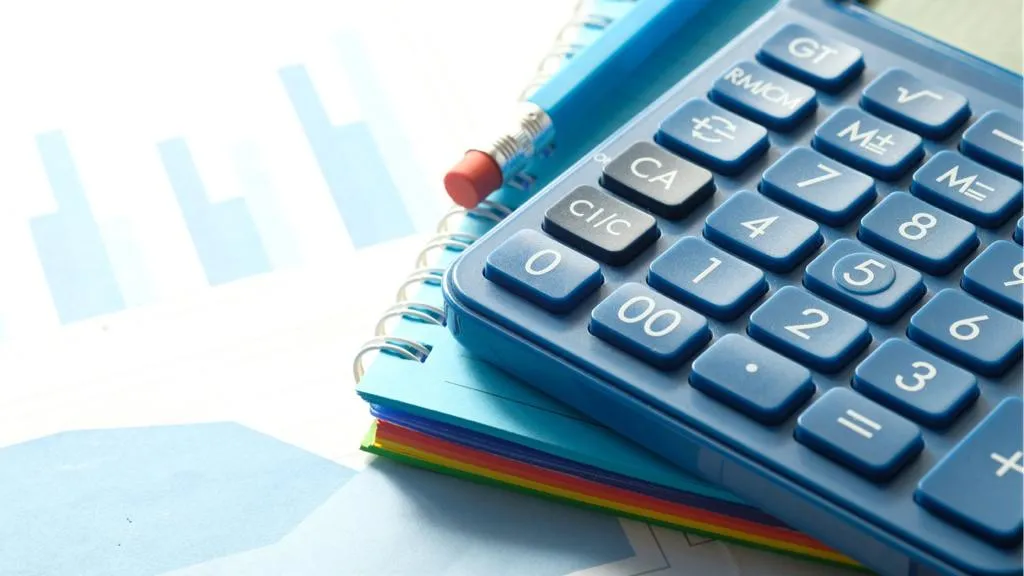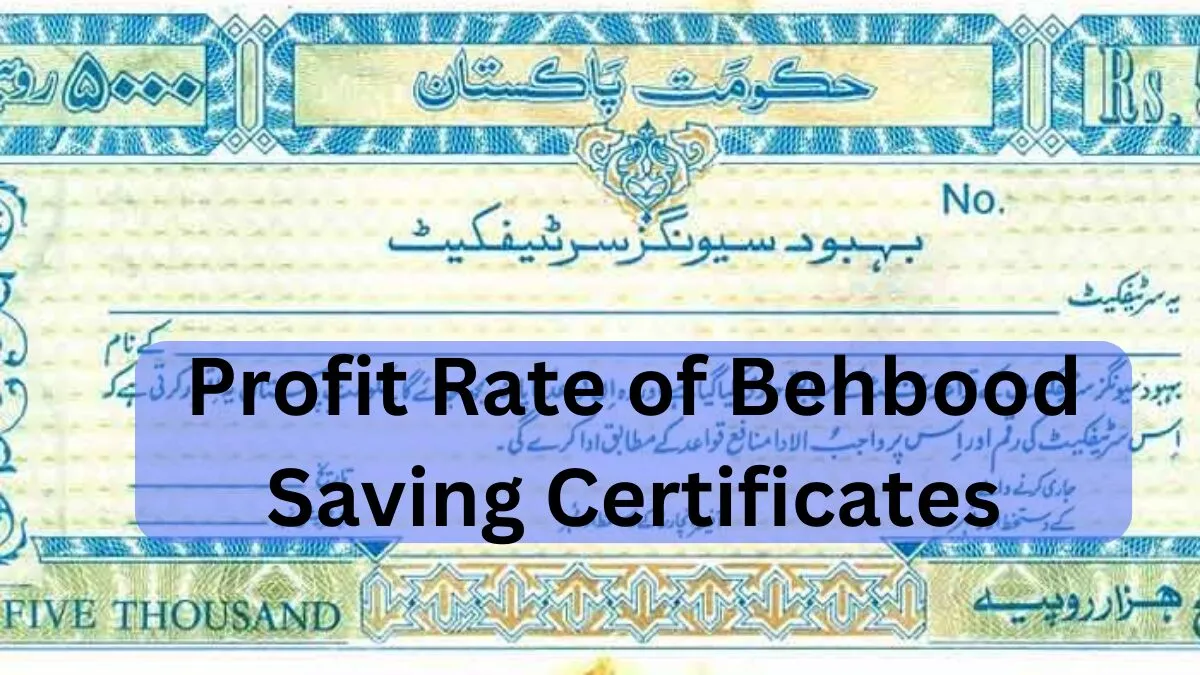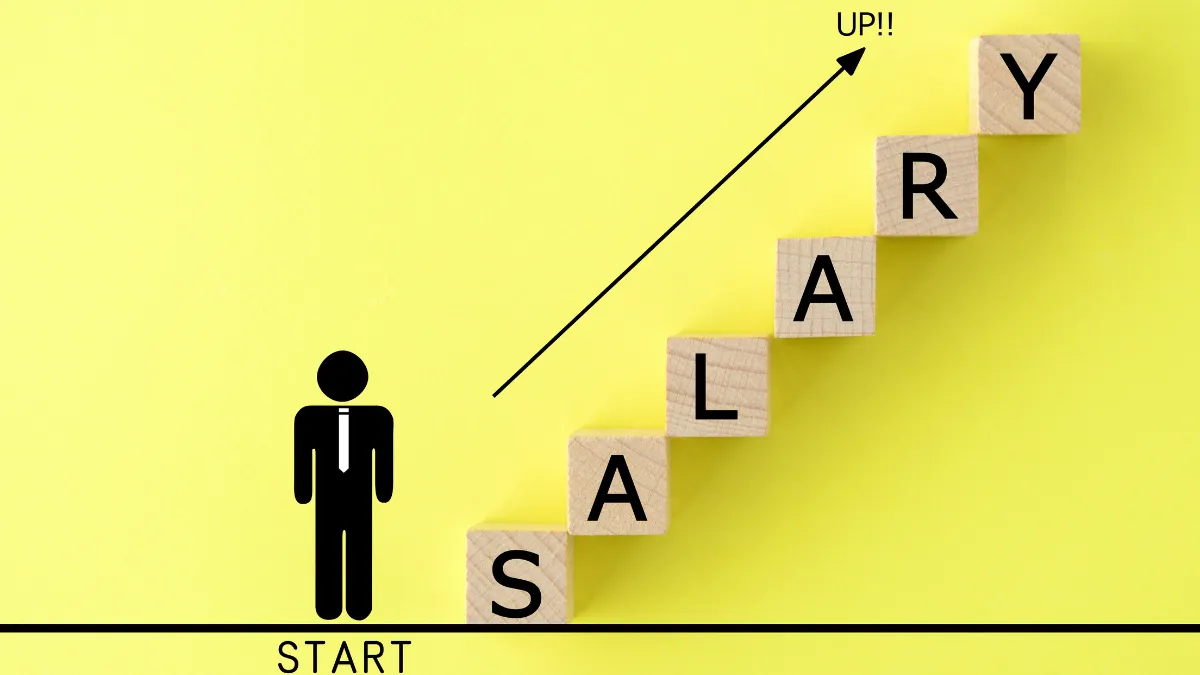- NA approves State Bank of Pakistan (Amendment) Bill 2021 and supplementary finance bill with some amendments proposed by govt, PTI allies.
- In the amended bill, govt rolls back its plan to impose additional sales taxes on children’s formula milk, bread.
- Finance minister Tarin says “we had no other option but to ask for IMF’s help.”
The National Assembly has passed the Finance (Supplementary) Bill 2021, also known as the mini-budget, with a majority vote. The federal government proved a majority of 18 members in the National Assembly.
The bill was passed after Finance Minister Shaukat Tarin announced that the government has withdrawn its proposals to impose GST on solar panels, laptops, bread, imported infant formula (milk), smaller cars, and a few bakery items.
The opposition motions for several tax cuts were rejected.
Before the individual motions from the opposition were put to a vote one by one, the members were asked to identify if they opposed or supported the amendments. At least 168 members voted in favour of the government and 150 supported the opposition, according to Speaker Asad Qasier.
PMLN’s Ahsan Iqbal said the opposition has challenged the count and a recount must be made.
The speaker later ruled that a recount was not possible. The opposition accused him of bulldozing the bill and protested before his dais.
The government motions to withdraw some of the taxes were approved by a majority.
The National Assembly on Thursday passed the State Bank of Pakistan (Amendment) Bill 2021 and supplementary finance bill — termed by the Opposition as a “mini-budget” — with a majority vote giving effect to new tax measures in an ambitious bid to achieve a tax target of Rs5.8 trillion as per the requirement of the International Monetary Fund (IMF).
The approval of the supplementary finance bill was necessary to ensure Pakistan’s sixth review of the $6 billion Extended Fund Facility (EFE) gets cleared by the IMF’s Executive Board which is scheduled to meet later this month to decide the disbursement of the $1-billion tranche.
Days after Federal Minister for Finance Shaukat Tarin introduced two bills in the assembly to give effect to the Rs343 billion mini-budget and granted autonomy to the central bank, the NA approved the finance bill amid a ruckus created by the Opposition during a prolonged session.
It is pertinent to mention here that on Tuesday, the NA had formally begun a general debate on the mini-budget which saw the coalition partners in the ruling alliance under the PTI joining their voices with the Opposition over possible implications of the new taxation measures.
In the amended bill, the government rolled back its plan to impose additional sales taxes on children’s formula milk, bread, and small cars. It also withdrew the proposal to impose taxes on laptops and computers.
Changes to the bill
The government’s amendments to the proposed bill were approved by the NA. The changes include:
- No general sales tax will be imposed on a 200-gram carton of milk.
- A 17% GST will be imposed on formula milk worth Rs500.
- Tax on imported vehicles has been increased from 5% to 12.5%.
- The federal excise duty on all imported vehicles will remain unchanged.
- A 2.5% duty will be charged on locally manufactured 1,300 cc vehicles, which was previously around 5%.
- Duty on locally manufactured 1,300 to 2,000cc cars also reduced to 5% from 10%.
- A 10% duty will be imposed on locally manufactured cars greater than 2,100 cc.
- No sales tax will be imposed on iodised salt and red chillies.
‘We had no option other than going to IMF’
Shedding light on the criticism regarding the supplementary bill being the “IMF bill”, Tarin said that during the previous government’s tenure, 13 agreements were signed with the Fund.
“They [the Opposition] are saying that IMF has destroyed the economy of Pakistan, while they went to the IMF in their tenures as well,” he said.
Tarin further said that the PTI government is being accused of “mortgaging country’s sovereignty”; however, the government was forced to approach the IMF.
“We had no other option but to ask for IMF’s help,” he reiterated.
‘This is a step towards the process of documentation’
Addressing the House, Tarin further said that the supplementary finance bill is a step towards the “process of documentation.”
Addressing the allegations of the Opposition that the mini-budget will bring a tsunami of inflation in the country, the finance minister said that out of Rs343 billion taxes worth Rs280 will be refunded “then what is the issue?”
“This is not a game of money,” he reiterated.
The minister underlined that the government has decided to withdraw its proposal to impose additional sales taxes on children’s formula milk, bread, laptops etc.
Tarin said that the country cannot achieve its target of 6-8% growth until the tax-to-GDP ratio is around 18-20%.
“Opposition’s protest against the supplementary finance bill is baseless,” Tarin said, adding that this will help in the documentation which will in return highlight the actual income of people.
Senate panel approves recommendations on mini-budget
Earlier this week, the Senate approved the recommendations on the Finance (Supplementary) Bill 2021.
Presenting the final report related to the bill, Standing Committee on Finance Chairman Senator Muhammad Talha Mahmood had highlighted that the Opposition did not raise any objections to the bill.
Terming the “mini-budget” an “IMF budget”, Mahmood said that the supplementary finance bill will bring a tsunami of inflation in the country.
He added that this is not just an Rs343 billion budget it is far more than that, adding that the finance bill will have a “negative impact on the common man.
On December 30, Federal Minister for Finance Shaukat Tarin presented the much-awaited supplementary finance bill — termed by the Opposition as a “mini-budget” — in the National Assembly.
According to the finance ministry’s proposal, the government will impose a tax on approximately 150 goods at a rate of 17%. Therefore, goods that were currently either completely exempt from General Sales Tax (GST) or being taxed at 5% to 12% rates would now be taxed at 17%.







